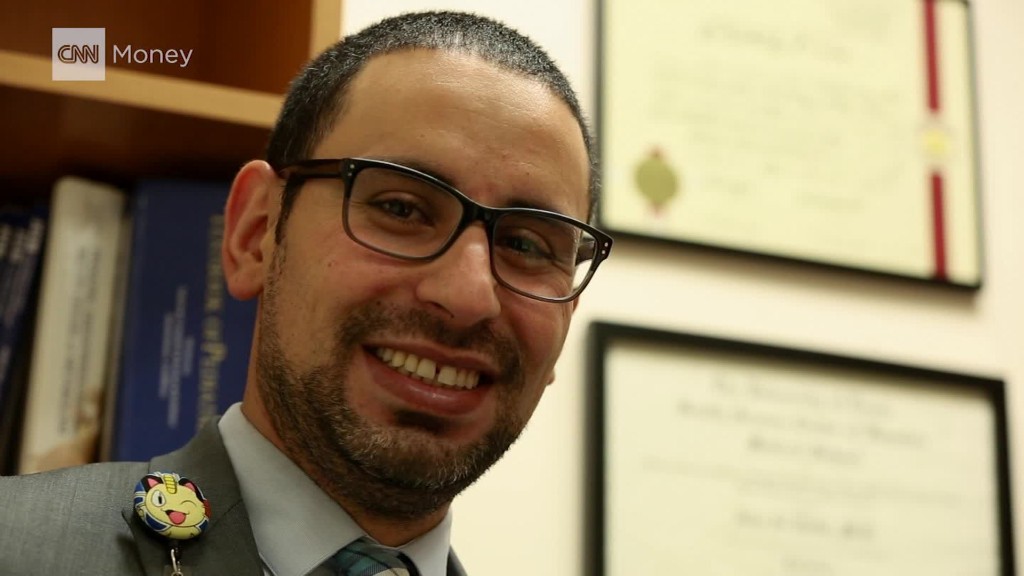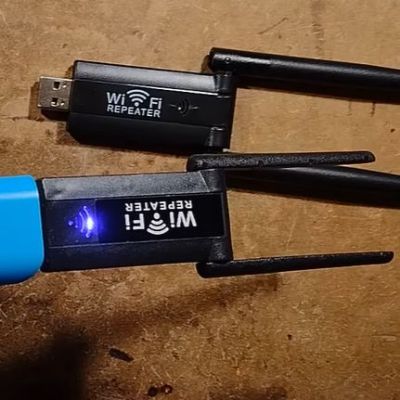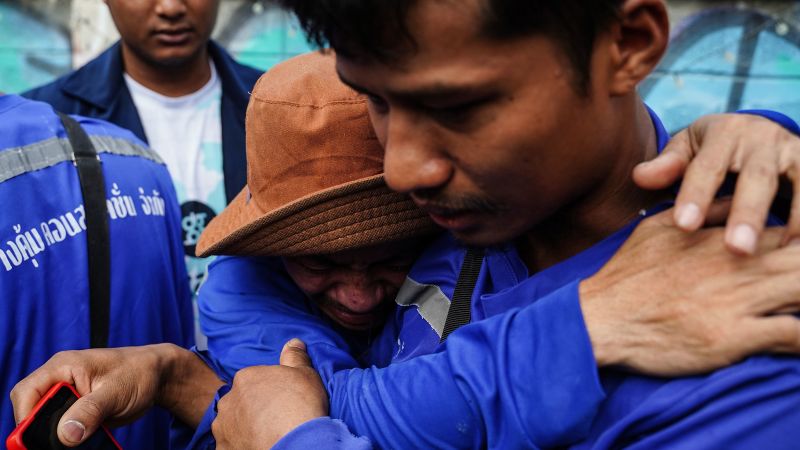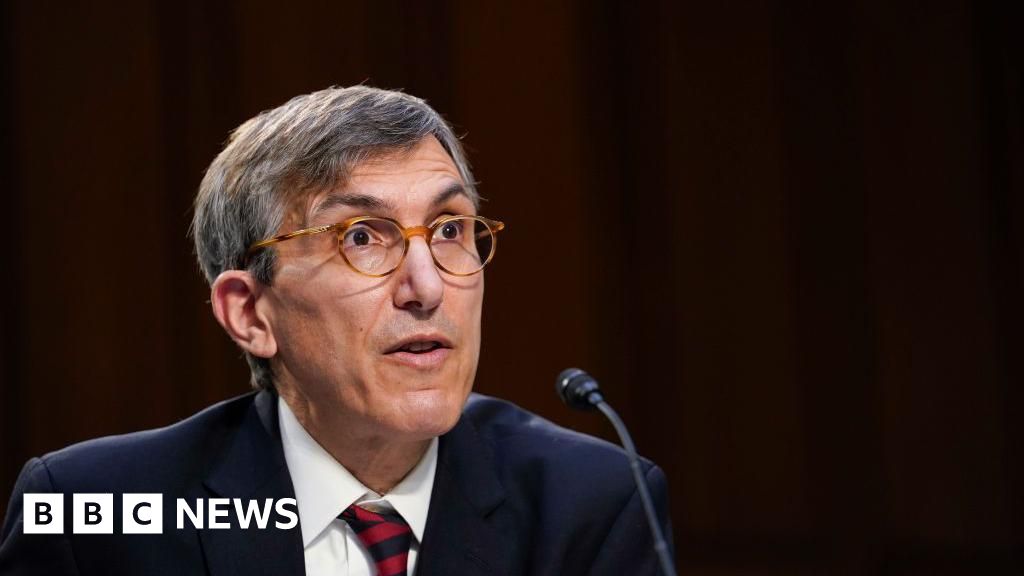
Dr. Alaa Al Nofal sees up to 10 patients a day at his pediatrics practice in Sioux Falls, South Dakota. He treats children with Type 1 diabetes, thyroid problems, thyroid cancer, puberty disorders, and adrenal gland diseases.
Al Nofal is one of only five full-time pediatric endocrinologists in a 150,000 square-mile region that covers both South and North Dakota. Unfortunately, this area, like much of rural America, suffers from a shortage of doctors.
Sanford Health, a non-profit healthcare system based in Sioux Falls, runs 300 hospitals and clinics in predominantly rural communities. According to Cindy Morrison, Sanford Health’s Chief Marketing Officer, losing Al Nofal and other crucial doctors would have a severe impact on their healthcare network.
Al Nofal is in Sioux Falls through the Conrad 30 visa waiver program, which allows doctors who complete their residency on a J-1 exchange visitor visa to stay in the U.S. for a maximum of three years, as long as they practice in an area with a doctor shortage. However, the recent temporary immigration ban issued by President Donald Trump has left Al Nofal uncertain about his future in America.
The Conrad 30 visa waiver program has brought 15,000 foreign physicians to underserved communities over the last 15 years. Sanford Health has 75 physicians on these visa waivers, and seven of them are from countries affected by the ban.
The ban not only puts current doctors at risk but also affects the pipeline of new doctors. Many foreign medical school graduates enroll in U.S. residency programs through J-1 visas, and approximately 1,000 of these trainees come from countries included in the ban.
The stress caused by the executive order could have long-term implications, as it may discourage physicians from choosing training programs in the States, exacerbating the shortage of providers in underserved and rural areas.
Al Nofal, a Syrian citizen, completed his medical school education in Damascus and his residency at the University of Texas. He moved to Sioux Falls after receiving a J-1 waiver. Now, he is uncertain about being able to return to his home country or travel anywhere within the U.S.
Another affected doctor is Almatmed Abdelsalam, a Libyan citizen who had planned to start practicing as a family physician in Macon, Georgia. He applied for a J-1 waiver, was accepted, and signed an employment contract, but the executive order halted the final approval process for his waiver.
“No one can argue that it’s necessary to keep the country safe, but we should also keep the country healthy,” Abdelsalam said.
CNNMoney (New York) First published February 10, 2017: 7:47 PM ET













